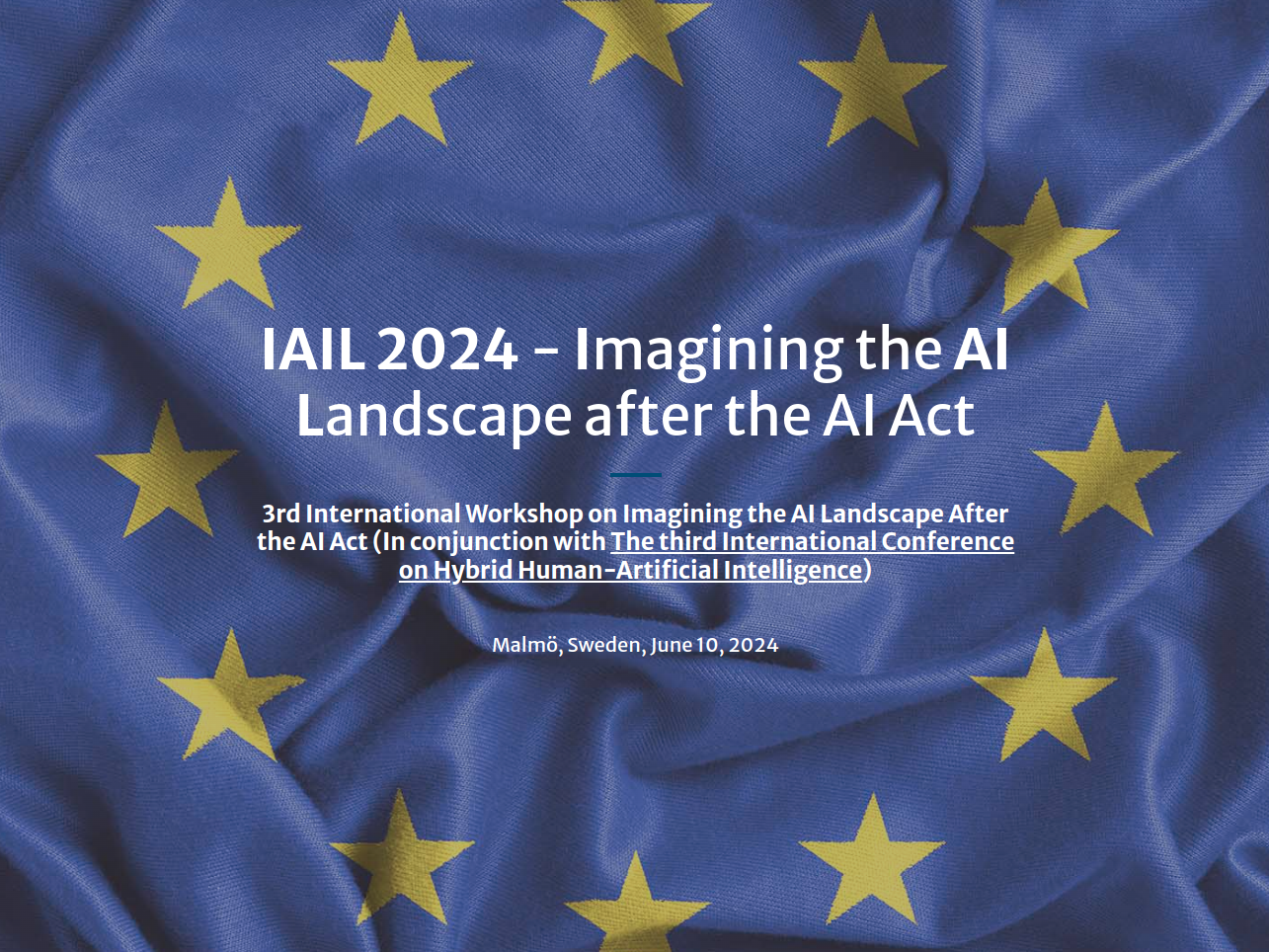Imaging the AI Landscape after the AI ACT
The AI Act (AIA) is a landmark EU legislation to regulate Artificial Intelligence based on its capacity to cause harm. Like the EU’s General Data Protection Regulation (GDPR), the AIA is set to become the global benchmark for regulating Artificial Intelligence. The Brussels effect has been noticed already at the draft level, with other regions taking similar initiatives of regulating AI. The regulation of AI has become particularly important with the introduction of generative AI, its impact, and its potential for abuse in many areas of our lives, which led to extensive changes to the draft text of the AIA. The trialogue negotiations between the Commission, Parliament, and Council for the final version of the AIA ended on 8 December 2023 and we will soon have the final version of the AIA text. The text has significantly changed from its first version as proposed by the European Commission in 2021.
This workshop aims to analyze how this new regulation will shape the AI technologies of the future and their impact on our lives. We will cover issues such as the ability of the AIA requirements to be operationalized, privacy, fairness, and explainability by design, individual rights and AIA, generative AI, AI risk assessment, and much more.
The workshop will bring together legal experts, tech experts, and other interested stakeholders for constructive discussions. We aim at stakeholder and geographical balance. The workshop's main goal is to help the community understand and reason over the implications of an AI regulation, what problems does it solve, what problems does it not solve, what problems does it cause, discuss the new proposed amendments to the text of the AI Act, and propose new approaches that maybe have not been tackled yet.
Papers are welcome from academics, researchers, practitioners, postgraduate students, private sector, and anyone else with an interest in law and technology. Submissions with an interdisciplinary orientation are particularly welcome, e.g. works at the boundary between ML, AI, human-computer interaction, law, and ethics.
Submitted applications can include regular papers, short papers, working papers and/or extended abstracts.
The workshop will be held in person. The venue is Malmö University’s Niagara building

